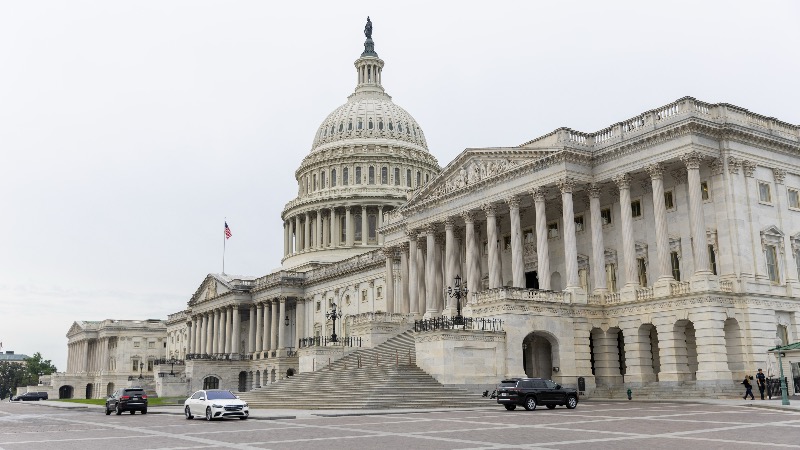
These demands extend specifically to areas such as voting and election information, where Democrats urge that only verified and accurate information be propagated through AI Overviews.
Congressman Adam Schiff of California has intensified his scrutiny of Google’s management of AI technologies, particularly its AI Overview, which summarizes top web pages but has been prone to errors, raising concerns about its tendency to spread “misinformation.”
While it’s true that Google’s AI has been known to output bizarre and false information, and many have been alarmed about the potential implications of unreliable AI outputs, there’s a broader skepticism about the idea of government intervention, given that it involves the regulation of information and speech.
The AI Overview aims to provide succinct information to users, but Schiff’s inquiries to Google CEO Sundar Pichai suggest it may often use questionable sources. It shouldn’t fall to the government to be the ones who can choose which sources are reliable.
They argue for prioritizing “authoritative” sources, traditionally recognized media outlets, to mitigate the spread of misinformation. Additionally, there’s a call for collaboration between Google and government agencies like the Cybersecurity and Infrastructure Security Agency (CISA), despite concerns that CISA has previously been involved in flagging online content, which critics argue borders on censorship.
“Given the rising threat of misinformation and disinformation online, it is critical that Americans are directed to authoritative, accurate resources when using Google’s platform,” the letter reads.
We obtained a copy of the letter for you here.
These demands extend specifically to areas such as voting and election information, where Democrats urge that only verified and accurate information be propagated through AI Overviews.
“How is Google working with relevant government entities, including the Cybersecurity and Infrastructure Security Agency (CISA), to ensure that only accurate information is provided through AI Overviews, particularly with respect to information about voting and elections?” the letter asks.
Similar standards are sought for health-related content, advocating that such information must be clinically accurate and scientifically sound. This push can be seen as an attempt to limit criticism of vaccine efficacy and other COVID-19 measures, which have been contentious topics.
Other representatives, including Henry C. Johnson, Jr., Donald S. Beyer Jr., Pramila Jayapal, and Lori Trahan, have joined Schiff in requesting more details from Google about how it ensures the accuracy of AI-generated summaries, error notification mechanisms, and methodologies for generating health-related information.
Instances cited by Schiff include the AI erroneously suggesting harmful actions or misrepresenting public figures, which underscores the technology’s flaws. But now, the question of what to do about it, alongside pressure from Congress to restrict which sources get to be used for the next content revolution, will likely raise First Amendment arguments.
EXCLUSIVE: Top Sniper Says Assassination Attempt Was Inside Job By Desperate Deep State




